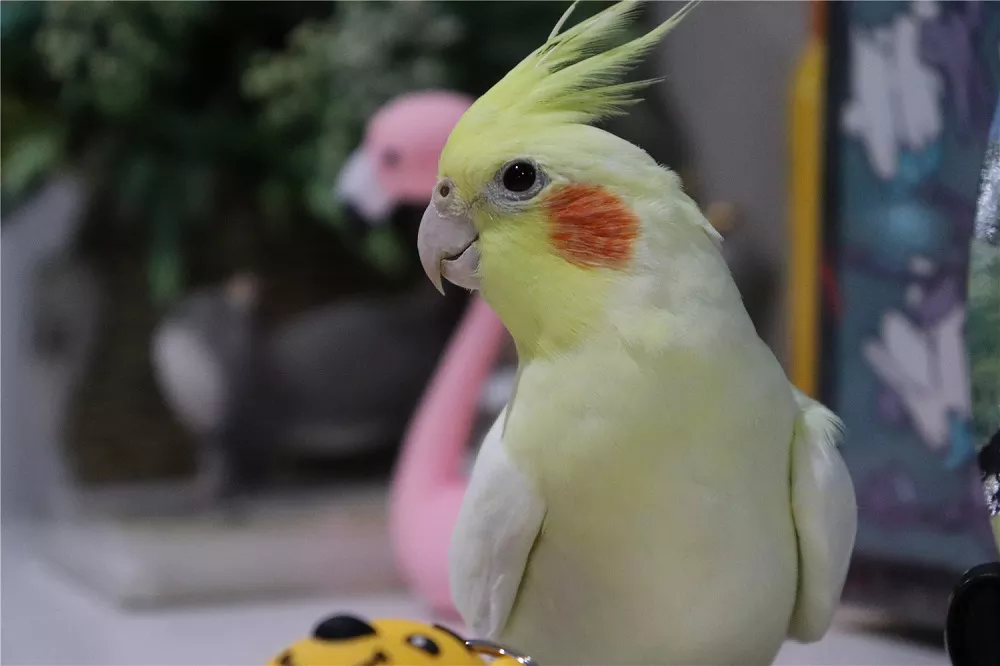Cockatiels are popular pets known for their playful and affectionate nature. However, like all birds, they can also become aggressive and bite if not properly trained. A cockatiel’s bite can be painful and can even cause injury, which is why it’s essential to train them not to bite. In this article, we’ll outline five steps to help you train your cockatiel not to bite.
- Step 1: Understanding Why Cockatiels Bite
Before you can start training your cockatiel not to bite, it’s essential to understand why they do it. Some reasons for biting include fear, aggression, territoriality, or simply feeling uncomfortable. By identifying the root cause of your cockatiel’s biting, you can work to prevent it from happening.
- Step 2: Taming Your Cockatiel
Taming is the process of building a trusting relationship between you and your bird. It involves teaching your cockatiel to step up onto your hand, eat from your hand, and come out of their cage willingly. Taming is a crucial step in training your cockatiel not to bite as it helps them learn to trust you.
- Step 3: Positive Reinforcement Training
Positive reinforcement training involves rewarding your cockatiel for good behavior, such as not biting. Use treats, praise, and affection to encourage your bird to behave in the way you want them to. This technique helps to reinforce positive behavior and discourage negative behavior, such as biting.
- Step 4: Consistency is Key
Consistency is crucial when training your cockatiel not to bite. Make sure everyone in the household is using the same training techniques, so your bird doesn’t get confused. Also, avoid rewarding bad behavior, such as biting, as it can undo all the progress you’ve made.
- Step 5: Seeking Professional Help
If your cockatiel’s biting behavior persists or is becoming increasingly aggressive, it may be time to seek professional help. A certified avian behaviorist or bird trainer can assess your bird’s behavior and help develop a personalized training plan.
Training your cockatiel not to bite takes time and patience, but it’s essential to prevent injury to yourself and your bird. By understanding why your bird bites, taming them, using positive reinforcement training, being consistent, and seeking professional help when necessary, you can train your cockatiel to be a loving and affectionate companion.


 Facebook
Facebook  Instagram
Instagram  Youtube
Youtube 